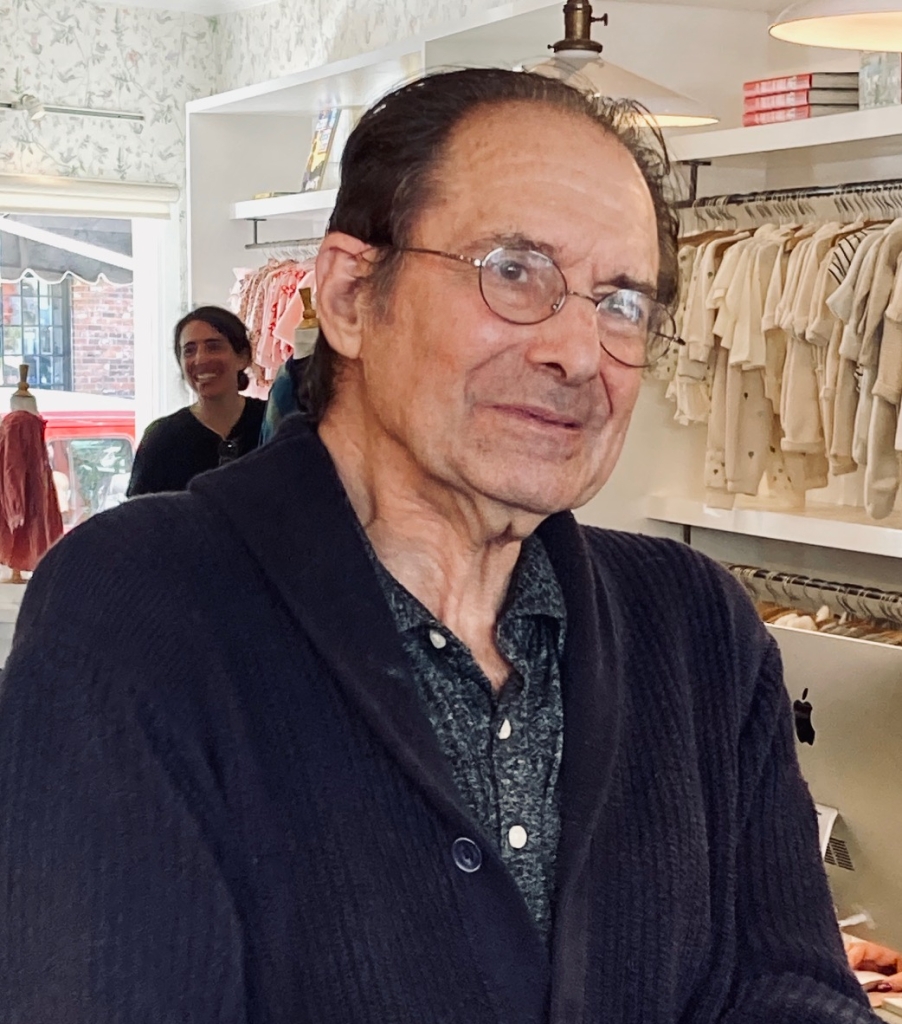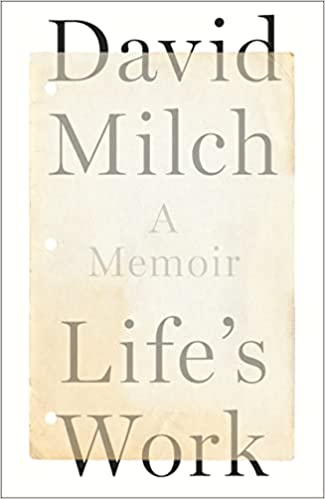
I’ve been a student of philosophy for most of my adult life. It’s a passion, it’s an indulgence, at times it’s an obsession, and it’s a driving force in many of my most consequential actions. Digging through the canon of thousands of years of argument — hundreds of thousands of pages of dense text — can be vastly unsatisfying. It’s not for everyone. It becomes obvious there are far more questions than answers, and the answers that emerge do so largely to be impeached and reconsidered.
One of my key takeaways from this often senseless pursuit of the abstract is that the difference between reasonable inquiry and fabricated drivel is discipline. A noble premise or argument usually embraces long periods of study, focused meditation, and incorporated strings of historical context. Saying stuff because it happens to occur to you is not the same as constructing a point of view built on the readings of diverse schools of thought.
Weak thinking seems to be thriving these days in our universities. While I am fully in the camp of maintaining free speech on college campuses, praising the right of individuals to speak their minds is not the same as celebrating poorly articulated points of view. I also think some of these students better learn to get a thick skin and learn to hear words that are objectionable without expecting institutional protection. If students think they are graduating into a world where their feelings are going to matter to their adversaries, they better understand that there are few anointed referees handing out self-esteem shields.
So let’s assume we all have a right to weak thinking, we all will be exposed to it, and almost no one is going to protect us from it. Does that leave us in a world where all opinions are valid and to be polite we should smile and nod when we hear garbage thought? We should not. When we fail to incorporate proper intellectual discipline into our viewpoints, we should be knocked back to sensibility.
When Sam Bankman-Fried said he would willingly flip a coin if he knew that heads would make the world twice as good and tails would enact its destruction, he wasn’t expressing a valid philosophy. He was expressing the kind of stupidity that results in dangerous consequences, even beyond the absurdity of the abstraction. Imagine if he had retained wealth and power with this worldview. He would have made even more bad decisions that affect too many of us. The world should be spared this dose of weak thinking while he contemplates his theories in prison.
When viewers on TikTok recently discovered the manifesto of Osama Bin Laden expressing his fanatical Letter to America, some decided that this was a hidden revelation that pointed to an alternative point of view on terrorism. Are there two sides to the tragedy of 9-11? Does the weak thinking of a handful of younger citizens not yet born when terrorists took the lives of thousands in the attack on the World Trade Center warrant further discussion? No, this is not serious inquiry, not a valid call for plurality of opinion, it is rubbish. It is appalling and they should be told as much.
When a prominent business leader like Elon Musk decides to publicly acknowledge that an antisemitic rave is the “absolute truth,” is this just another opinion from a high-profile individual who has deeply considered the implications of his political expression? No, it’s lazy, spur-of-the-moment madness from someone who has convinced himself that success in some aspects of his career translates into broad intellectual authority. It is essential that we separate Musk’s technological accomplishments from his broader persona. He is a philosophical lightweight with an attention span disorder and grotesquely poor manners. His weak thinking is glaring, tone-deaf, and hateful.
These are but a few examples of the power of weak thinking to undermine civilized discourse and lead masses astray. Too many people still gravitate toward iconic figures to do the hard thinking for them. They also choose to invest unlimited time in scraping the surface of summarized ideas rather than focus on the detailed construct that might or might not support the idea. Said another way, if you want to buy into an idea, you can’t read enough about where it came from, how it’s been argued, and what it might really mean.
You might be left wondering who I think gets to be the arbitrator of weak thinking. Each of us has this specific right as well as the power to exercise it as it applies to our own opinions. The amount of energy we invest in considered thought is a choice. In my current observations, weak thinking is becoming endemic and putting our shared interests at risk. If you agree, read more, listen more, and at the risk of producing more unnecessary conflict, apply the discipline necessary to separate debatable philosophy from buckets of bull.
_______________
Photo: Pixabay




